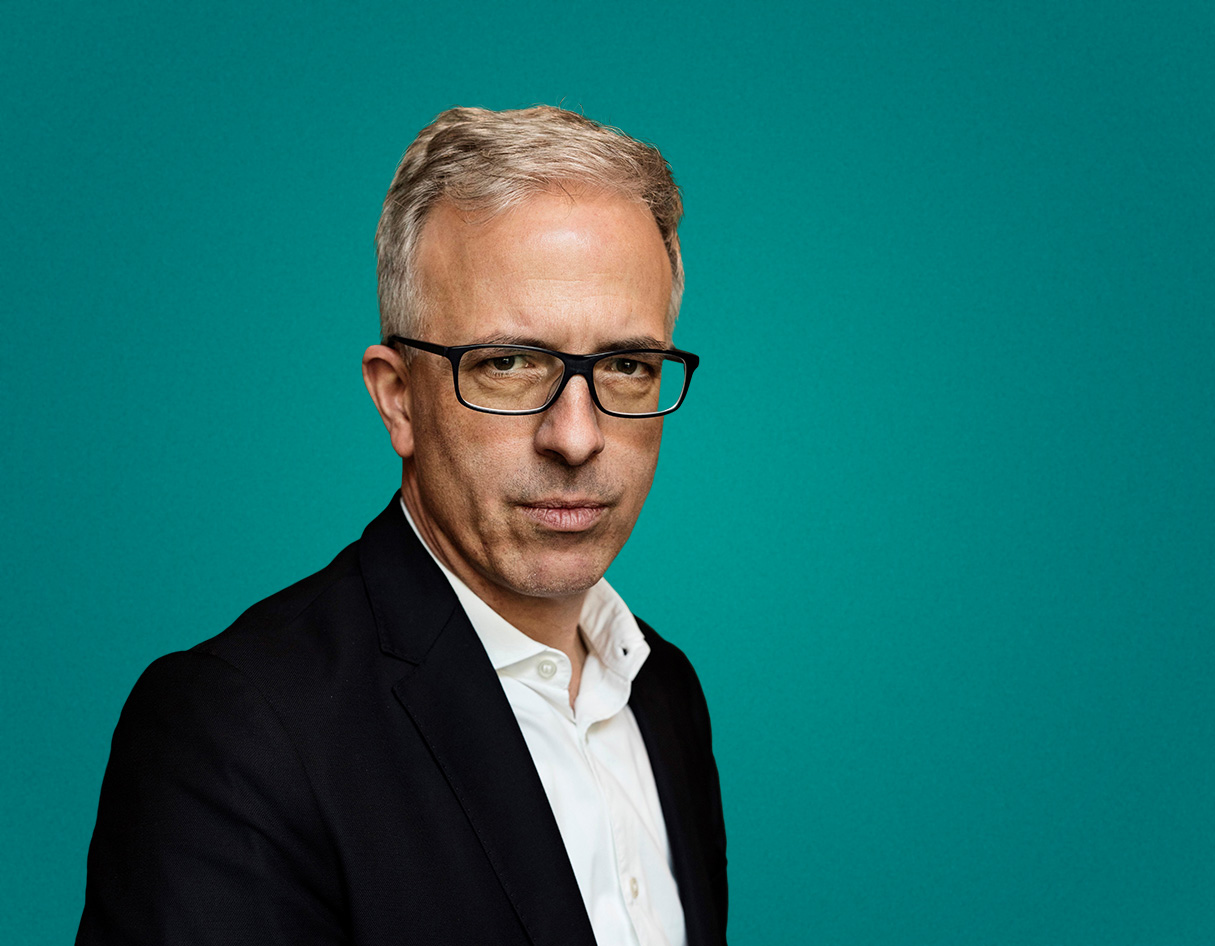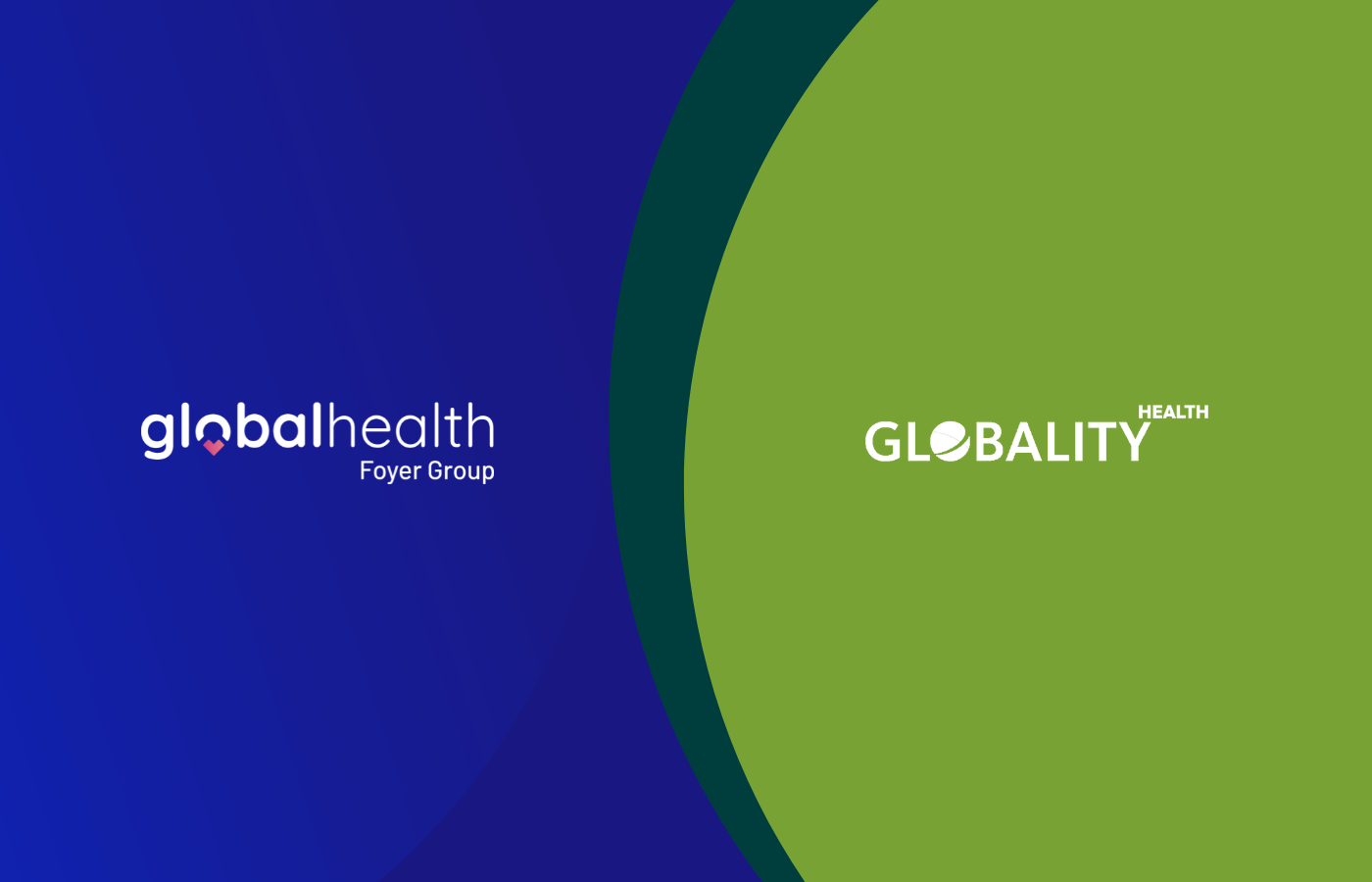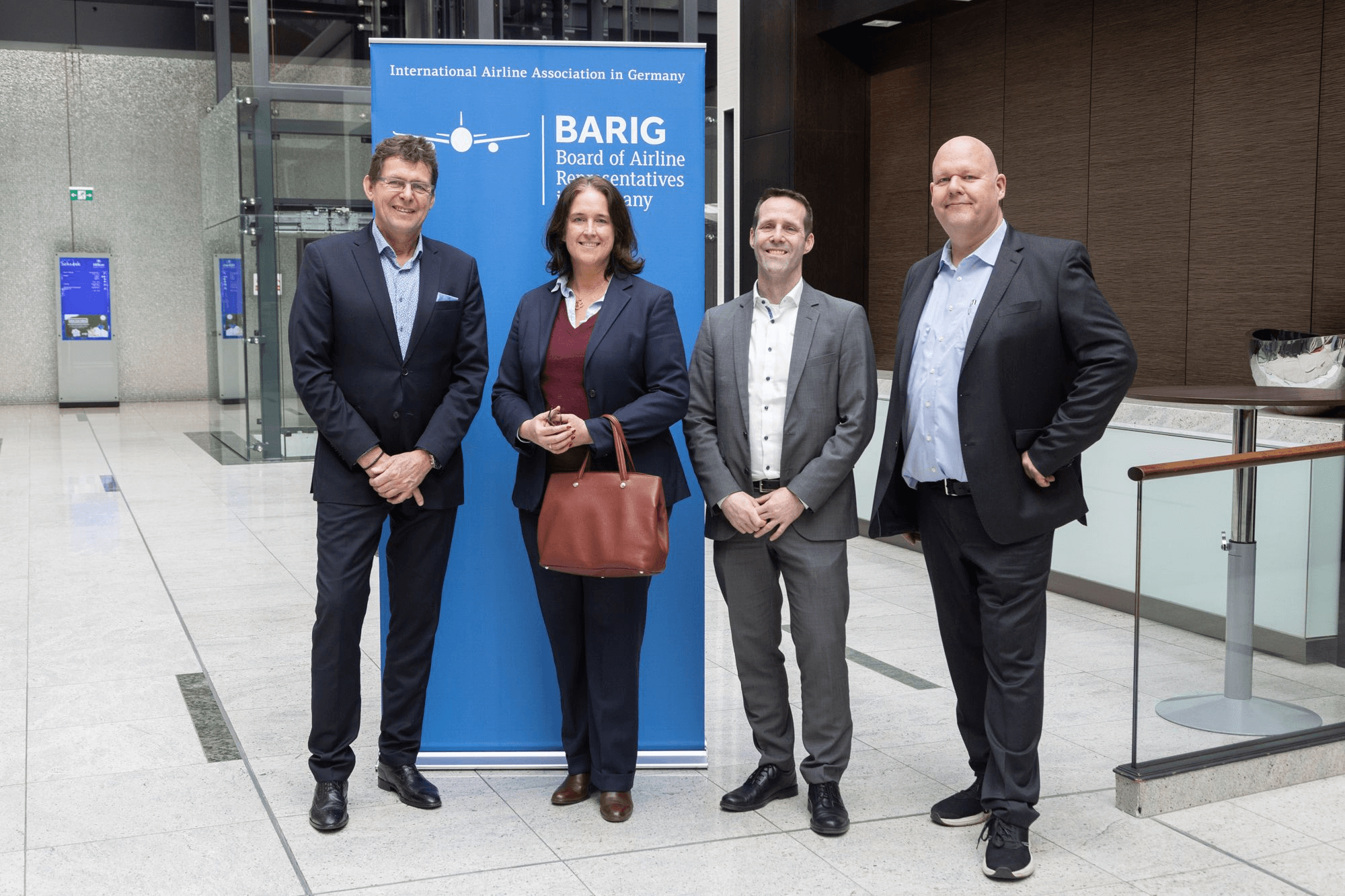Help and hope instead of hatred and agitation
Our lives and our future have been radically changed by Corona. Futurologists call such disasters a “black swan”, an unforeseen event. The world we knew is dissolving before our eyes. The social and economic consequences of the crisis are hardly foreseeable. At a time of need, society is reflecting on old strengths and implementing them with new, digital tools. Instead of hatred and agitation, help and hope suddenly dominate. Although people have to maintain social distance to stem the spread of the virus, new forms of solidarity and encounter are emerging. We are moving closer together again, at home in families, in companies, culturally and socially.
A digital jolt goes through the country
The country is experiencing a digital jolt . Suddenly we see the benefits of digitalization and social media. On platforms like nebenan.de, users and neighbors are organizing themselves for shopping services. With the support of her over 19 million fans, Instagram influencer Chiara Ferragni has used crowdfunding to collect more than three million euros for a hospital in Milan in just a few days. . The pianist Igor Levit gives a house concert every evening and broadcasts it via livestream around the world. Authors organize online readings. Sports clubs give digital lessons to children who learn at home. The major Internet companies provide free services for teachers and students. In Italy people sing from balconies and in Spain they applaud doctors and nurses in hospitals and homes. Christian Drosten, the leading German virologist, invites you to his daily consultation hours with a podcast. “Fake news” and conspiracy theories on the net lose their followers. The antisocial ones become social media again. We discover new discipline and are pleasantly surprised at ourselves for sticking to it: keeping social distance and staying at home.
We actually get to know each other better during the crisis
The renunciation of social proximity does not lead to a loss of solidarity. People who have never seen each other come closer. We are getting to know each other better in this crisis, as neighbours, employees and entrepreneurs. ?. Although the changeover is still difficult for many companies and employees, necessity is the mother of invention. New trust grows and heroes are suddenly recognized as such. The saleswoman in the supermarket, the nurse in the nursing home and the doctor in the intensive care unit – it is mainly the women (who hold the shop)? and the country together.
The increasing digitalisation is also accelerating health policy. The high number of victims resulting from previous pandemics was largely due to societies and nations only having been able to communicate with each other (in a logical manner)? and having been slow to react. The corona crisis is promoting a new holistic understanding of health. Health is not only an individual, but also a public, shared (technology)?. We are learning to use digital technologies and apps in a responsible manner and are voluntarily taking responsibility by donating our data to scientists and authorities. Looking back, we will see Medical advances and behavioral change have defeated the virus. In the end, it was human, social intelligence that was the decisive factor and as opposed to artificial, machine intelligence. The humane issues will come back to the forefront in the future: What do we really care about? What holds our society together? And: In which future do we want to live?
Corona increases our future intelligence
Covid-19 has disrupted our previous understanding of society and everyday life. The virus can increase the future intelligence of our systems and help technological and social innovations to break through. Civil society is currently reorganising itself. Digital networking is keeping citizens around the world connected. This gives us hope for the time after Corona.
Daniel Dettling is a lawyer, administrative and political scientist and futurologist. He heads the Institute for Futures Studies, based in Berlin. He is a columnist for Globality Health and writes regularly about megatrends and current topics.






